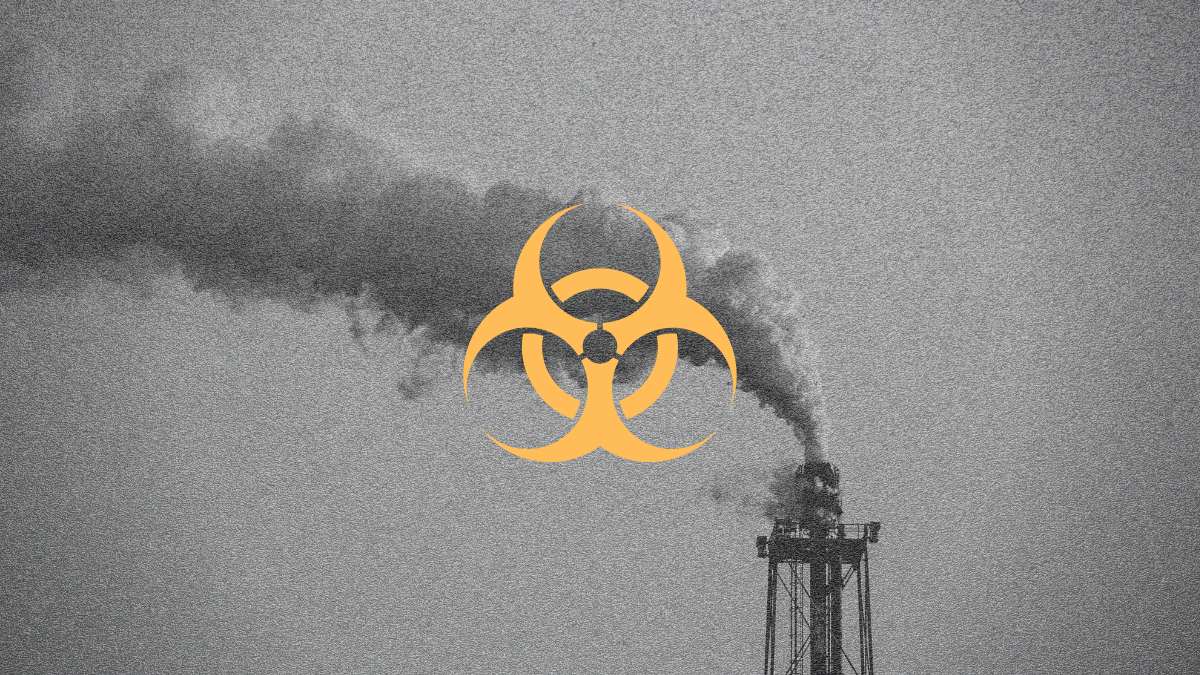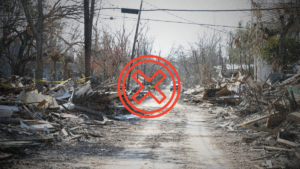Source: The Guardian
In 2019, a consent order was issued requiring Chemours to reduce air emissions from its Fayetteville Works plant by at least 99%. The company has since invested $100 million on air emission controls, including a thermal oxidizer it claims can destroy PFAS. However, recent testing by The Guardian found PFAS levels outside the plant far above those detected by state regulators, raising concerns about the effectiveness of Chemours’ pollution control measures.
The Guardian’s testing employed a more comprehensive method than those used by state regulators and detected PFAS levels up to 30 times higher than what was reported by Chemours. Researchers fear that these air emissions may be contributing to the widespread contamination of the region’s water and food supplies.
Detlef Knappe, a professor of environmental engineering at North Carolina State University who has studied Chemours’ PFAS pollution and tested some of the Guardian’s samples said that the findings “clearly raise questions about emissions of compounds not targeted by [state regulators],” .
Chemours has disputed the Guardian’s findings, calling them “false” and “irresponsible,” and questioning the testing methodologies. However, researchers who reviewed the data say that the Guardian’s findings are credible and raise serious concerns about the safety of the air around the plant.
“There’s a lot more out there that we’re not capturing, but we’re still finding a lot of the PFAS that [regulators] kicked out of the library and don’t test for,” said Graham Peaslee, a professor of physics at the University of Notre Dame who conducted the analysis for The Guardian.
The health effects of PFAS exposure are still being studied, but the chemicals have been linked to a variety of health problems, including cancer, liver disease, kidney problems, and decreased immunity. Residents of the area around the Chemours plant are understandably concerned about the potential health risks they face.
The Guardian’s findings underscore the need for more stringent regulations on PFAS emissions and for more research on the health effects of these chemicals. It is also clear that residents of the area around the Chemours plant need more support and assistance from the state and Chemours to protect their health and well-being.





